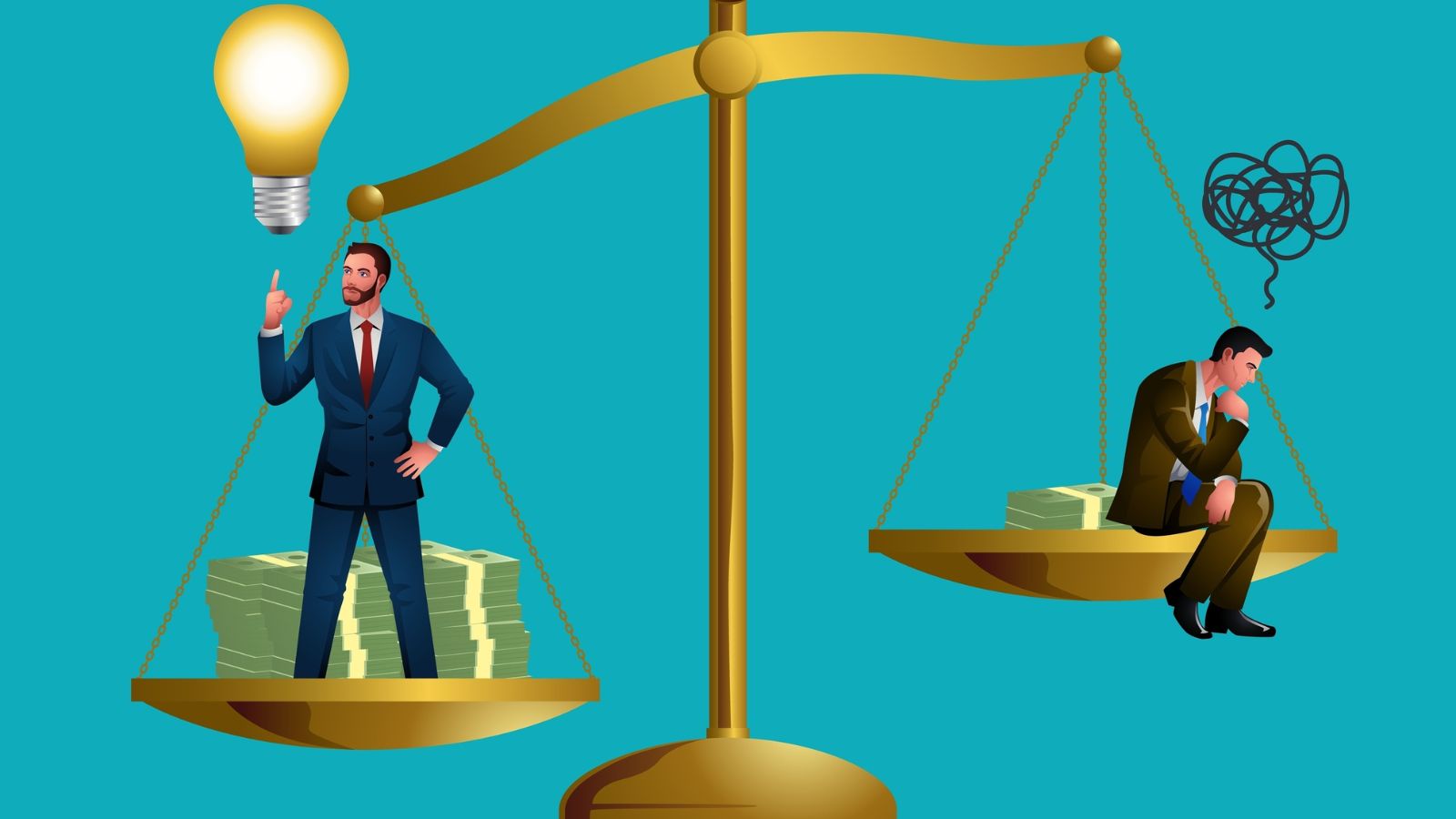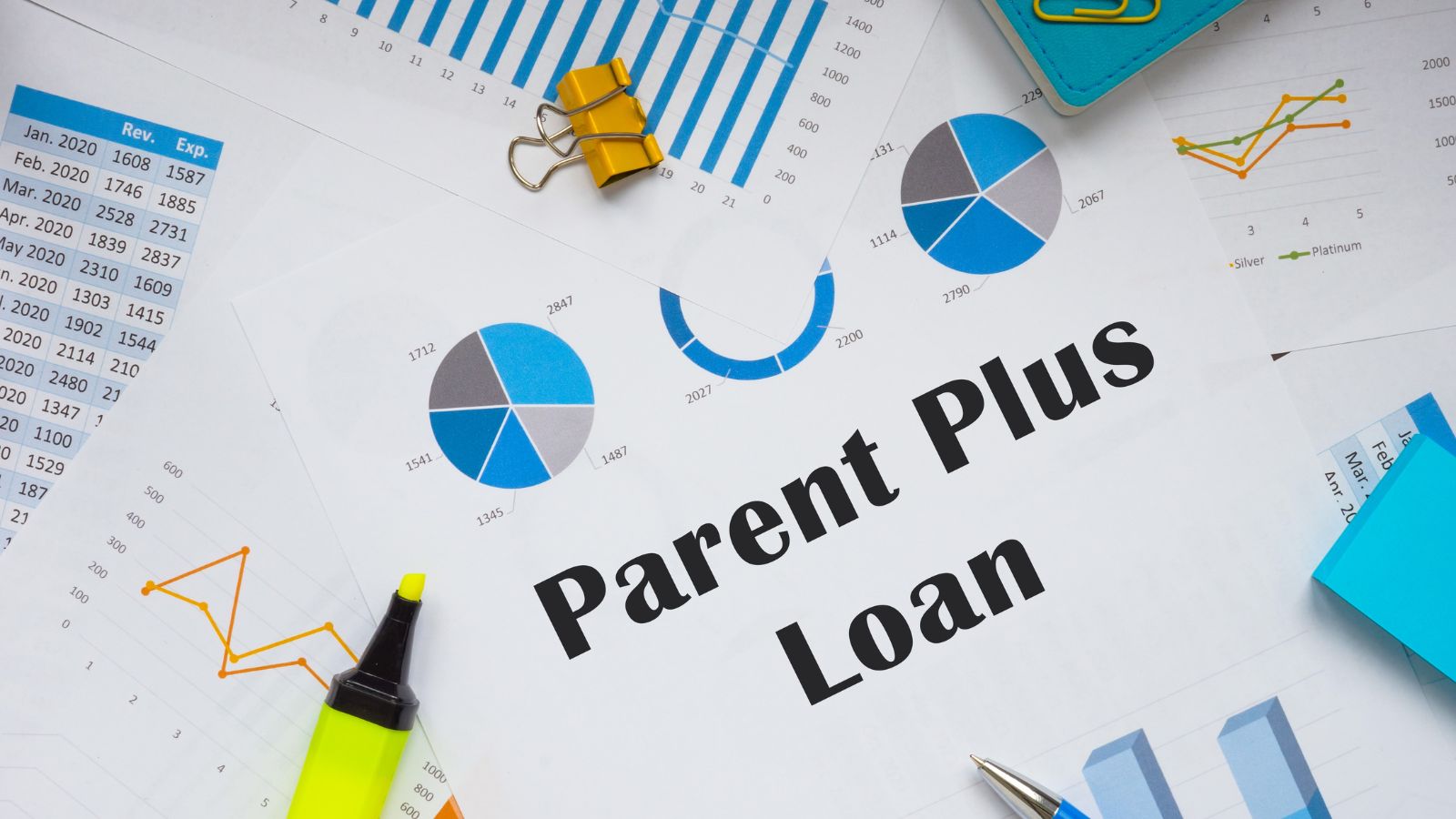In recent years, student loan debt has surged dramatically, leaving millions of graduates grappling with overwhelming financial challenges. This considerable burden affects nearly every aspect of their lives, influencing their career choices, personal relationships, and major life milestones.
Below, we present 19 realities that clearly illustrate student loan debt’s profound and far-reaching impact on individuals and their futures.
The Total Debt is Staggering

Student loan debt is a significant financial issue affecting the U.S. today. More than 40 million Americans are burdened by over $1.7 trillion worth of student loans which cripples their financial life.
Graduates Carry an Average of $30,000 in Debt.

A U.S. college graduate is burdened by approximately $30,000 in student debt, which they have to pay off. This significantly impacts their finances and can be difficult to manage with entry-level jobs offering limited salaries.
Interest Adds Years (and Thousands of Dollars) to Payments

Students in their plight have to borrow high-interest loans to complete their studies. However, these loans multiply over the years because of the high interest rate, making students pay double or triple the original amount borrowed.
Loan Debt Delays Homeownership

The significant weight of loan payments hinders grad’s ability to invest in their own homes. Reports estimate that nearly 50% of young adults delay buying a home because of the debt problem. This also impacts their ability to invest in other profitable business ventures.
Retirement Savings Suffer

Students indebted by the loans have to prioritize paying it off over savings. This poses risks to their financial security after retirement. Studies estimate that the victims of student debt have 50% less saved than the rest of the world.
It Affects Career Choices

The financial strain caused by student debt can force students to forsake their passions and interests in the search for high-paying careers. Similarly, other students might decide on lower-paying fields like teaching or social work to keep up with the debt installments.
Mental Health Issues Increase

The constant worry to make ends meet, along with paying off debt installments, affects the mental health of the borrowers. According to reports, many individuals burdened by student loans are suffering from anxiety, depression, and even some physical ailments. This indirectly impacts their productivity and overall quality of life.
Marriage and Starting Families Get Delayed

Many individuals wait to become financially secure before they start a family. This can take years as the student loan and high interest rate add up to quite a sum. Consequently, many eventually start families in their late thirties to early forties.
It’s Harder to Pursue Graduate Degrees

Many students often feel hesitant to pursue a master’s or professional degree because they are concerned about the significant financial burden of accumulating debt. The high costs associated with these degrees discourage many from taking on additional loans.
Repayment Options Are Limited

Borrowers have limited options for repaying their debts, making it even more difficult to eliminate them. Current alternatives, such as income-driven repayment plans, can extend for 20 to 25 years. During this time, interest adds on, creating a never-ending cycle of debt repayment.
Loan Forgiveness Isn’t a Guarantee

Loan forgiveness programs designed for specific careers can offer much-needed financial relief, but they come with particularly stringent requirements that must be met. Even individuals who qualify for these programs are not guaranteed to receive actual debt cancellation.
Financial Literacy is Rarely Taught Before Borrowing

Students rarely receive opportunities to gain financial education before making significant decisions. Often, they take out loans without understanding how interest works or how long the payments will last.
The Default Rates Are High

Many graduates suffer from economic woes due to joblessness and other emergencies that strain their finances. As a result, they fail to repay their loan, which significantly negatively affects their credit scores.
Private Loans Offer Fewer Protections

Private loans are more complicated to manage than federal loans. This is because private loans lack repayment options such as income-driven repayment or deferment. Coupled with higher interest rates, these loans can be more burdensome for overall personal and financial well-being.
Parent PLUS Loans Spread the Burden to Parents

The challenges of student loans can also impact parents who take out Parent PLUS loans for their children. This situation is particularly worrying as it puts parents’ financial stability at risk as they approach retirement.
It Impacts Credit Scores

Students who’ve borrowed for their education are also vulnerable to low credit ratings. This can harm their credibility when applying for mortgages or other types of credit if they miss payments or are late. Consequently, borrowers’ growth has been hindered for years.
Living Paycheck to Paycheck Becomes the Norm

Because the monthly loan payments are significantly high, many graduates have little to no money to use for other necessities. Leaving money for investments or savings is far-off in this scenario.
Debt Relief Efforts Are Politically Divisive

The policies regarding debt relief are ever-changing, with every new administration introducing different views. This can create uncertainty for borrowers who are hoping for debt forgiveness programs.
The “Boomerang” Effect on Families

The high cost of living forces debt-ridden, low-income graduates to move back in with their parents. This “boomerang generation” ends up relying on their family’s support, which further retards their financial independence.
Conclusion

Student loan debt is a significant national issue that affects millions of Americans. It has far-reaching impacts on their lives, choices, and overall well-being. If this problem is not addressed effectively, it could plunge many into more profound financial insecurity and make higher education increasingly inaccessible.
18 Reasons Why People Are Leaving Florida in Masses

Exploring factors that impact the desirability of living in Florida, this list delves into various challenges shaping residents’ experiences. From environmental concerns like rising sea levels to economic factors such as fluctuating job markets, these issues collectively contribute to a nuanced understanding of the state’s appeal.
18 Reasons Why People Are Leaving Florida in Masses
